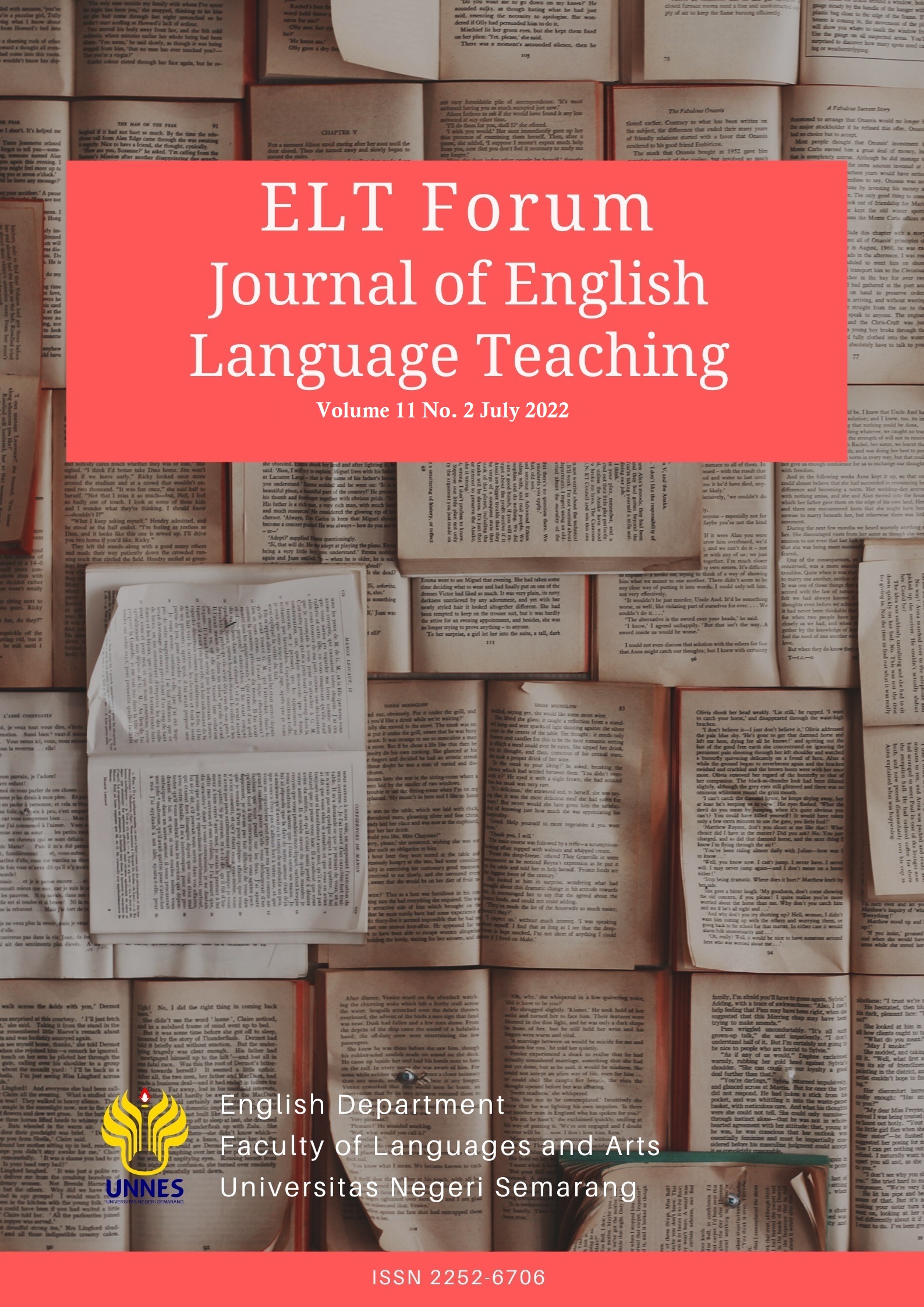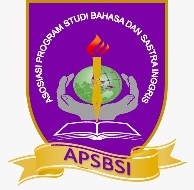Literature as one of the fascinating lessons for junior high school students
Abstract
Literature is written work, especially those considered superior or lasting artistic merit. Literature is one of the important things in the world and life. An assist contention against teaching literature was that modern innovation and social hones within the tall in West had rendered—or were on the point of rendering—reading and composing pitifully obsolete. This research aims to explore the students' understanding of English literature according to the expert and one their knowledge and the necessary type of literature as well. Further, by implementing a descriptive qualitative method design which was aimed to give an original view of variable, indication, or condition. The college student also defined that literature as a guide. And some junior high school student said that literature is an artwork in the form of written phrases that contains the spirit, sighing, etc. They honestly claimed that learning English literature made them increase their knowledge about English literature which was amazing. To solve the challenges, the college students recalled their moments and experience when learning literature at junior high school and argued about English literature that was so boring and wasted time. Further research can be done to explore the perception of English literature in junior high school from junior high school students and the college student's point of view.



_.jpg)
_.jpg)




